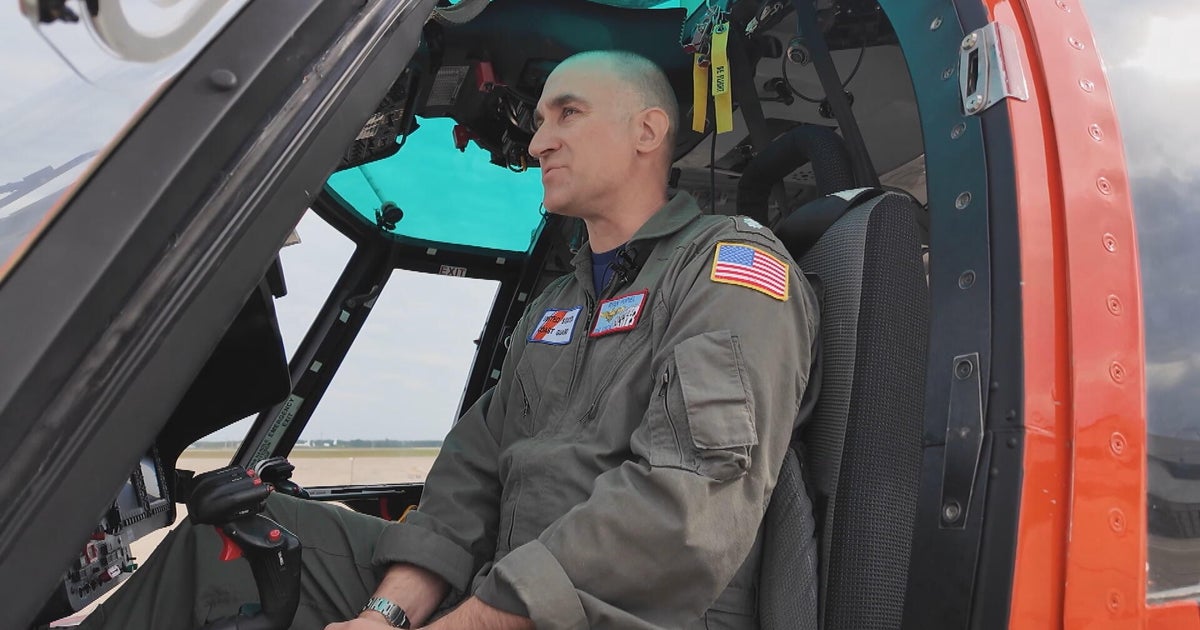When trouble strikes at sea, every second matters. From medical emergencies to overdue vessels, the crew at Coast Guard Air Station Atlantic City stands ready to launch into action, often at a moment’s notice and in dangerous conditions.
For Commander Ryan Popiel, those missions aren’t just part of the job. They’re personal.
“Saving lives is the most rewarding thing you can do with an aircraft,” he said.
Popiel grew up in Thornbury Township, Delaware County, and spent his childhood summers along the Jersey Shore. Now, after years of serving at Coast Guard posts around the country, he’s back home, this time, with his wife and children, flying missions over the same waters he once visited as a kid.
“It’s pretty exciting to be able to fly in an area you kind of grew up in,” Popiel said.
As the executive officer at the air station, Popiel leads a team responsible for search and rescue missions along a vast stretch of coastline, from the southern end of the Long Island Sound down to the Chesapeake Bay, and as far as 100 miles offshore.
“We’ll conduct medevacs off cruise ships, commercial fishing vessels, recreational vessels,” he said. “We could also be asked to be searching for people in the water.”
A typical crew includes a pilot, co-pilot, a flight mechanic and a rescue swimmer trained to deploy into rough seas. The team must be ready to respond in extreme weather. Low visibility, high winds and heavy seas are sometimes part of the job.
“We are asked to go out in pretty poor weather conditions occasionally,” Popiel said.
While search and rescue is the station’s top priority, their mission doesn’t end there. The air station also plays a key role in national security by protecting restricted airspace around the president and Washington, D.C., 24 hours a day, 365 days a year.
“That’s not something I think the greater public understands, that Atlantic City is supporting all those missions,” Popiel said.
So far this year, the air station has completed 96 rescues, each one a reminder of the stakes involved and the lives saved.
“To have that big of an impact is really what keeps people around here, I think,” Popiel said.
Back on the airfield, the buzz of rotor blades still signals the start of another mission. But for Popiel, it also signals something else: the sound of coming home.
More from CBS News
